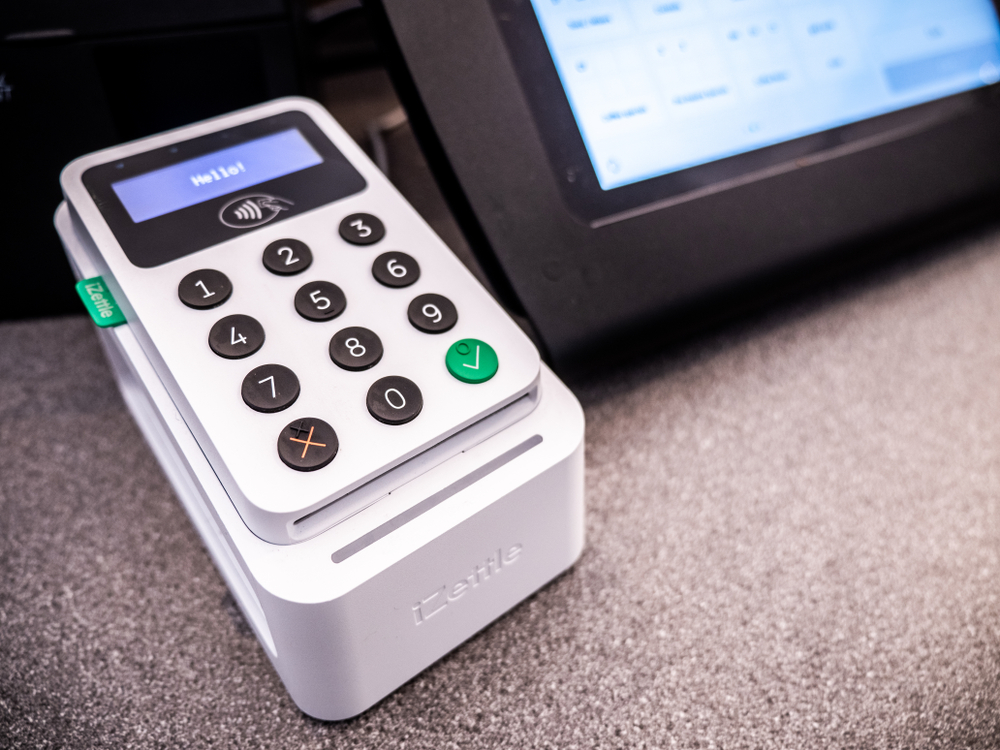How Can Payroll Simplify Compliance And Tax Filing?

The Best Payroll Services for Small Businesses
Payroll is not just about paying your employees; it encompasses tax obligations, compliance with employment laws, and accurate record-keeping. Neglecting payroll can lead to legal repercussions and unhappy employees, both of which could spell disaster for a small business striving to establish itself.
The Best Payroll Management Methods
Centralise payroll data
By centralising your payroll data and automating tasks, you not only make your life easier but also contribute to a smoother and more efficient work environment for your small business.
- Electronic timesheets: Replace paper timesheets with electronic versions for real-time tracking of work hours.
- Digital payslips: Move away from paper payslips. Go digital for easy distribution and accessibility.
- Cloud storage: Securely store your payroll data in the cloud. Accessible from anywhere, it eliminates the need for physical storage space.
- Automated tax filing: Let technology handle the complicated tax filing process, reducing the risk of errors and ensuring compliance.
- Automated payments: Simplify tax payments by setting up automated processes. This ensures timely and accurate payments, eliminating the stress of manual transactions.
Establish a clear payroll schedule
Here’s a quick look at different payroll frequencies and what might suit your small business best:
- Weekly: Ideal for businesses with hourly or part-time employees, keeping a closer eye on short-term cash flow.
- Bi-weekly: Strikes a balance between regular pay and manageable administrative tasks. Common and often preferred for its simplicity.
- Monthly: Typically suits salaried employees and businesses with stable cash flow. Less administrative hassle but requires careful budgeting.
Use a payroll software
Payroll software takes away the hassle of manual calculations. It does the maths for you, making sure every pay cycle is accurate and error-free.
But, it’s not just about numbers; payroll software simplifies your entire process:
- Save time: Let the software handle repetitive tasks, giving you more time to focus on growing your business.
- Easy record-keeping: No more paperwork. Access and manage your payroll data effortlessly.
Staying compliant with payroll regulations
Ensuring your payroll practices align with regulations is crucial for business success. Let’s dive into staying compliant with payroll regulations.
Understand payroll taxes
Payroll taxes refer to income tax and national insurance contributions concerning employment.
- Income taxes: Deducted based on how much employees earn and the UK tax rates.
- National Insurance Contributions (NICs): Contributions from both employees and employers, based on earnings
Other deductions may include:
- Student loan repayments: If your employees are paying back student or postgraduate loans you’ll need to deduct this from their pay. The amount deducted depends on how much the employee earns and the repayment plan they’ve chosen.
- Pension contributions: If your employees meet a qualifying criteria, you’ll have to enrol them into a workplace pension. Both the employer and the employee then regularly put money into this pension as part of the workplace benefits.
File payroll taxes on time
Make sure to file your payroll taxes on time to avoid penalties and keep things running smoothly for your employees and your small business. This includes:
- Submitting payroll information to HMRC on time
- Paying taxes to HMRC on time
Maintain accurate payroll records
Keep detailed records of employee hours, wages, deductions, and taxes to ensure everything is in order.
Store these securely: Keep your payroll records in a secure place to protect sensitive information.
Follow guidelines: Make sure you keep payroll records for the required duration. In the UK, this is 3 years.
Frequently Asked Questions: We have an FAQ page with some of the most commonly asked questions surrounding payroll if you need additional information.
The Challenge of Tax Compliance for Small Businesses
How Payroll Services Can Help
Small business owners wear many hats, and managing payroll and tax compliance can be a daunting task. Here are some of the common challenges they face:
Changing Tax Regulations: Tax laws and regulations are constantly evolving, making it difficult for small business owners to stay up-to-date.
Calculating Accurate Taxes: Manual tax calculations can lead to errors, which can result in fines and penalties.
Filing Deadlines: Meeting deadlines for tax filings and payments is crucial to avoid penalties.
Employee Reporting: Small businesses must also provide accurate tax information to employees, such as W-2 forms.
How Payroll Can Simplify Tax Compliance
Automatic Tax Calculations: Payroll apps automatically calculate federal, state, and local taxes based on the latest tax rates and regulations. This reduces the risk of miscalculations and errors.
Tax Deduction Management: These apps keep track of various tax deductions, such as Social Security, Medicare, and income tax withholding, ensuring accurate deductions for each employee.
Tax Form Generation: Payroll apps generate tax forms like W-2s and 1099s, simplifying the year-end reporting process for both employees and contractors.
Filing and Payment Reminders: Many payroll apps provide reminders for tax filing deadlines and payments, helping small businesses avoid late penalties.
Integration with Accounting Software: Some apps seamlessly integrate with accounting software, making it easier to reconcile payroll data with financial records.
Compliance Updates: Payroll apps typically stay updated with changes in tax laws, ensuring that small businesses remain compliant without having to constantly monitor tax regulations.
The Best Payroll Service Providers
If you’re ready to take the leap and choose a payroll service of your own, visit our site and choose from many different business quotes to get a price that’s right for you and your business.
Tags: Accounting, Advice, Finance, General, outsourced payroll, payroll



